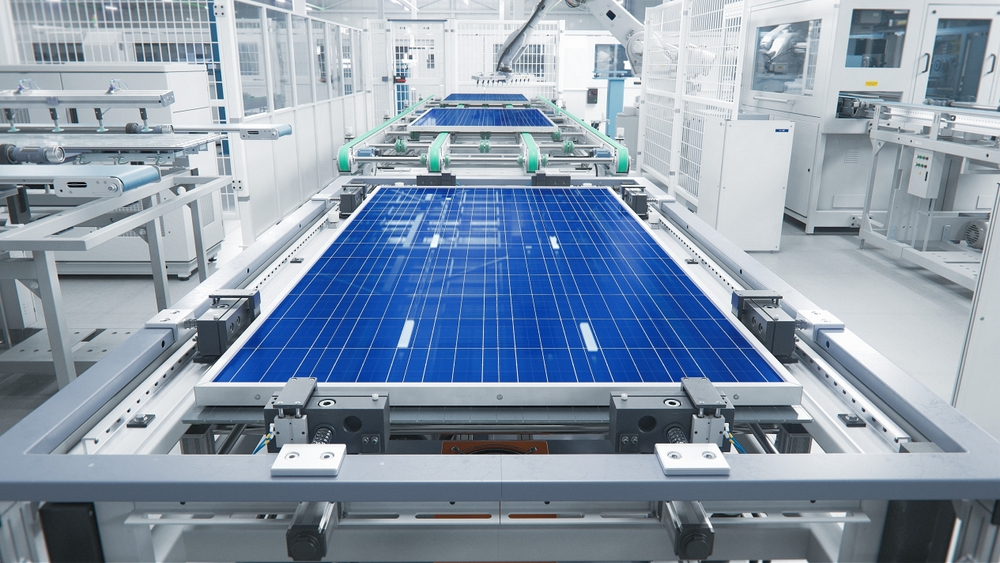As solar energy gains momentum globally, Pakistan is also witnessing a notable surge in the adoption of solar solutions. This shift is crucial for addressing the country’s energy challenges while embracing sustainable alternatives. In this article, we explore the growing prominence of solar solutions in Pakistan, delving into their impact, benefits, and the key considerations individuals and businesses need to know. Understanding this evolving landscape is essential in navigating the transition towards renewable energy sources. By shedding light on the dynamics of solar energy adoption, we aim to provide valuable insights for readers keen on exploring or investing in solar solutions within the Pakistani context.
Solar Landscape in Pakistan
In Pakistan, the solar landscape is crucial to grasp. It involves comprehending how solar energy is utilized, its potential, and the challenges it faces. Solar energy utilization in Pakistan is steadily increasing due to its abundance and sustainability. The country’s geographical location provides ample sunlight throughout the year, making solar solutions a viable option. However, despite its promise, there are hurdles to overcome.
These include initial setup costs, intermittency issues, and the need for storage solutions. Despite these challenges, the solar landscape in Pakistan is evolving rapidly. With advancements in technology and supportive government policies, solar energy is becoming increasingly accessible and affordable. Understanding this landscape is essential for individuals and businesses looking to harness the benefits of solar energy and contribute to a more sustainable future.
Benefits of Solar Solutions
One of the primary advantages of solar solutions in Pakistan is their renewable nature. Unlike fossil fuels, solar energy is abundant and sustainable, making it an attractive option for a country like Pakistan, blessed with ample sunlight throughout the year. Additionally, solar solutions offer a decentralized energy generation model, allowing communities and individuals to become self-sufficient in power generation.
Impact on Energy Accessibility
Solar solutions have a profound impact on energy accessibility in Pakistan. They enable even remote villages to access electricity, improving living standards and driving economic development. By harnessing solar energy, communities can become self-sufficient in power generation, reducing dependence on centralized energy grids. This newfound energy accessibility empowers individuals and businesses alike, providing opportunities for growth and prosperity. Moreover, solar solutions mitigate the disparity in electricity access between urban and rural areas, fostering inclusivity and equitable development across the country. Overall, the widespread adoption of solar energy plays a pivotal role in democratizing access to electricity and enhancing the quality of life for millions of Pakistanis.
Challenges and Considerations
Overcoming challenges and addressing key considerations are crucial steps in advancing solar solutions in Pakistan. One major obstacle is the upfront cost of installation, which can deter individuals and businesses from adopting solar technology. Additionally, ensuring consistent energy supply in the face of intermittency remains a pressing concern. Innovations in storage technology are needed to address this issue effectively. Furthermore, navigating regulatory hurdles and ensuring supportive policies are essential for fostering a conducive environment for solar development. By tackling these challenges head-on and implementing strategic solutions, Pakistan can maximize the benefits of solar energy and accelerate its transition towards a sustainable energy future.
Government Initiatives and Policies
To promote the adoption of solar solutions, the Pakistani government has introduced various initiatives and policies. These include incentives such as tax breaks and subsidies for solar installation projects. Additionally, net metering policies allow individuals and businesses to sell excess solar power back to the grid, encouraging investment in solar infrastructure.
Role of Technology Advancements
Advancements in solar technology have played a pivotal role in driving the adoption of solar solutions in Pakistan. Innovations such as improved solar panels, energy storage solutions, and grid integration technologies have made solar energy more efficient and reliable. These advancements continue to make solar solutions increasingly viable for a wide range of applications.
Environmental Implications
Beyond the economic and social benefits, solar solutions offer significant environmental advantages. By reducing reliance on fossil fuels, solar energy helps mitigate carbon emissions and combat climate change. In a country like Pakistan, which faces environmental challenges such as air pollution and deforestation, transitioning to solar energy can contribute to a healthier and more sustainable future.
The Future Outlook
The future of solar solutions in Pakistan looks promising. With ongoing technological advancements, decreasing costs, and supportive government policies, the adoption of solar energy is expected to continue its upward trajectory. As awareness grows and more individuals and businesses recognize the benefits of solar solutions, Pakistan is poised to become a leader in renewable energy adoption in the region.
Conclusion
The rise of solar solutions in Pakistan represents a significant shift towards a more sustainable and resilient energy future. By understanding the opportunities and challenges associated with solar energy adoption, individuals and businesses can make informed decisions that not only benefit them economically but also contribute to the collective goal of building a greener planet. Embracing solar solutions is not just a choice; it’s a necessity for a brighter tomorrow.

